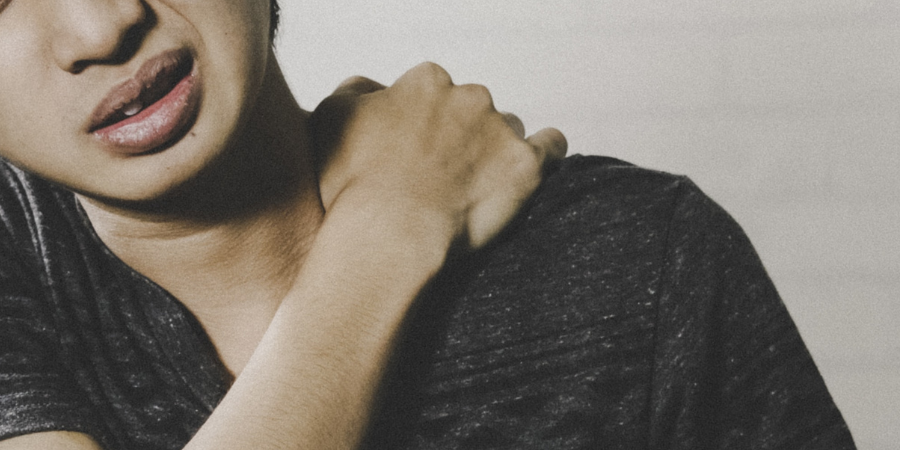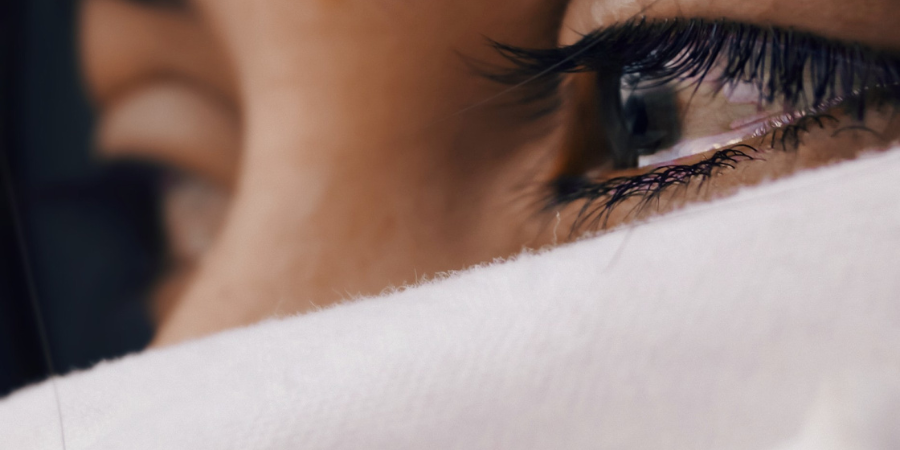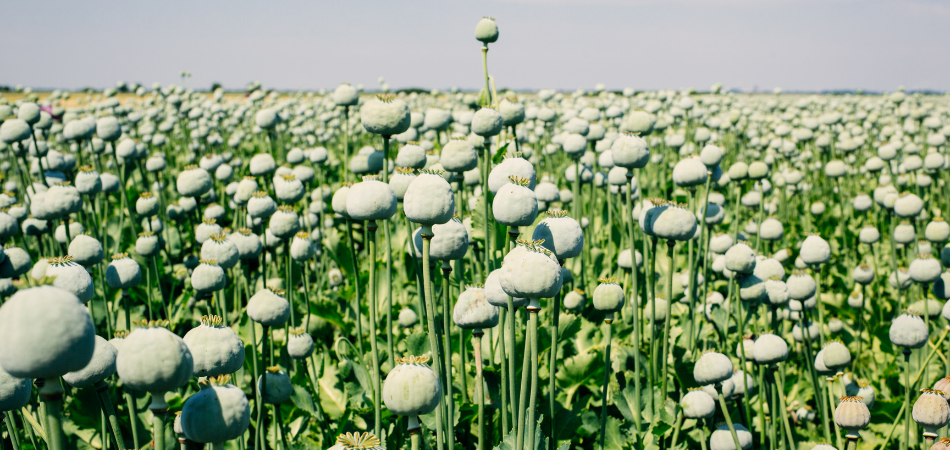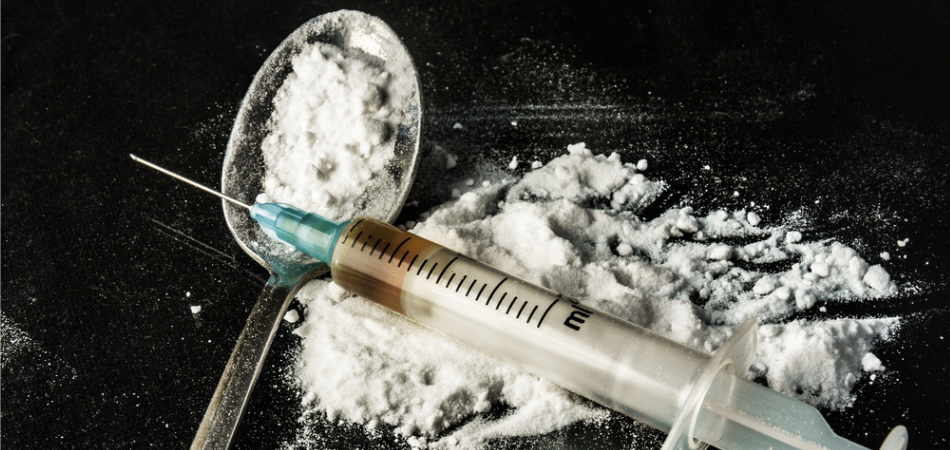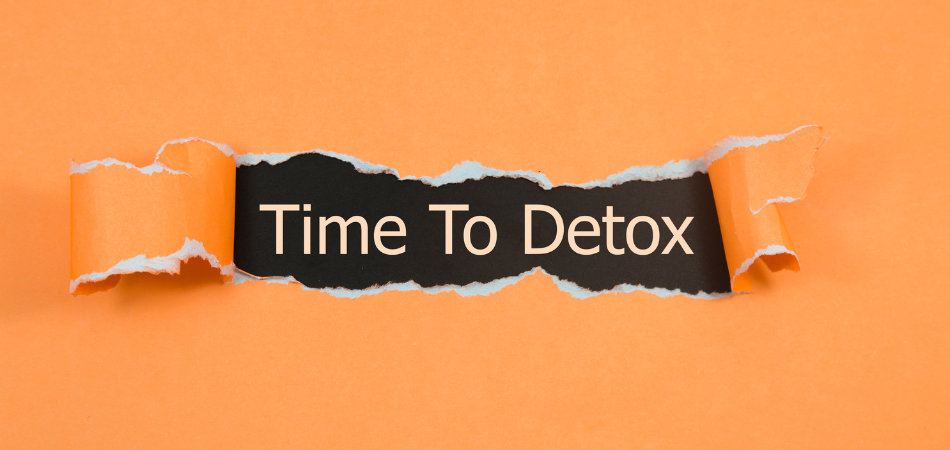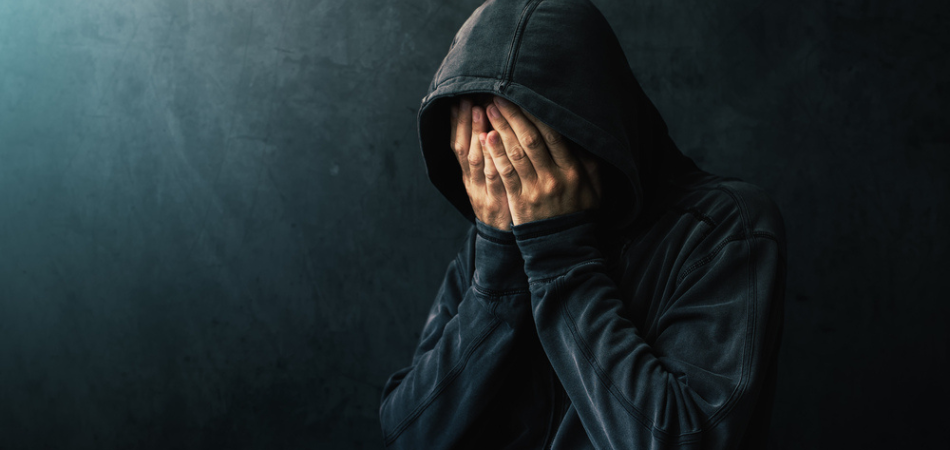
Written by:

Medically Reviewed by:
Last Updated:
October 7th, 2025
Heroin detox
For many, the thought of heroin detox brings fear and uncertainty. Misleading portrayals in the media can make it seem overwhelming, stopping people from seeking the help they truly need. The reality is very different: while heroin detox is challenging, with the right planning and professional medical support, it can be safe, structured, and life-saving.
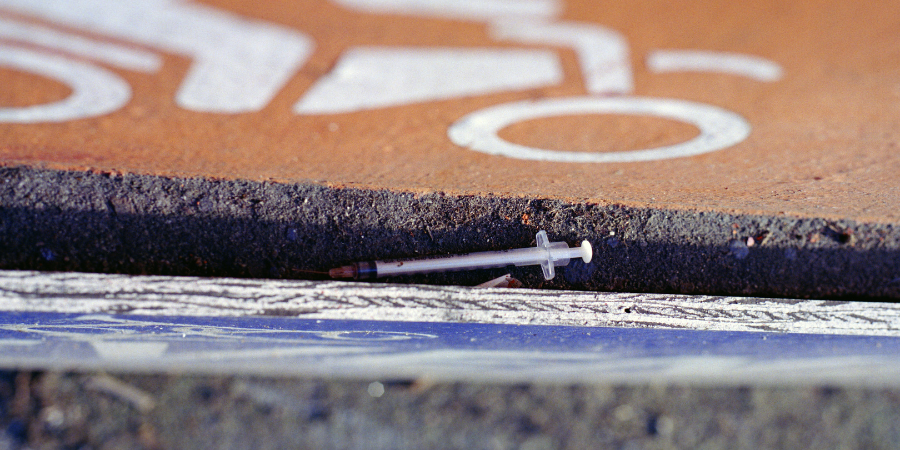
What is heroin detox?
Heroin detox is the first step on the UKAT treatment pathway, and is the process of clearing heroin out of your body and breaking the physical part of addiction. This may sound simple, and many people who have never been addicted believe wrongly that it is as easy as just quitting. But heroin is a potent and highly addictive drug that changes how your brain and body work on a chemical level. This means that when you stop, your system goes into serious shock. That shock is heroin withdrawal, and it can be both incredibly uncomfortable and very dangerous.
At a UKAT inpatient heroin detox centre, you are not left to suffer “cold turkey” like you may have seen in horrible portrayals on screen. We provide safe heroin detox, which means it is planned from start to finish by an experienced team that knows exactly what safe withdrawal takes.
These teams may include nurses, psychiatrists, therapists and addiction counsellors. These experts provide various types of support at the various stages of heroin withdrawal. Each of our centres has a different team, so if you get in touch with us, we can work out exactly what you need and which centre can provide it.
How to detox from heroin safely?
It can be very tempting to just try and detox from heroin at home, and many people do attempt that first. The problem is that going cold turkey at home can be dangerous and often leads straight back to relapse.
Heroin withdrawal symptoms can hit seriously hard, and even with all the will in the world to quit, the discomfort can crush your determination. A relapse after even a few days of detoxing from heroin puts you at a huge risk of overdose because your tolerance can drop a lot very quickly.
That is why the safest way to detox from heroin is in a professional, medical setting. At a UKAT centre, heroin detox starts with a thorough health check so we know exactly what your body has been through and what support you will need.
From there, we make a personal plan and adjust it as you go, because things can change and no two people’s detox is ever the same. Heroin detox medications can ease some of the worst symptoms of withdrawal, food and fluids can help rebuild your strength, and there is always someone to turn to if you need reassurance.
Most importantly, once you’re ready, our rehab therapy begins right there and then. This gives you a chance to explore the reasons behind your heroin use and build the tools to stay clean.
There are also NHS heroin detox services available, usually free of charge, but these are mostly outpatient. That means you’ll often return home between appointments, without on-hand support. Waiting lists can also be long, which may delay the urgent help you need.
Why is heroin detox so important?
Heroin addiction can take a heavy toll on every part of you. Long-term heroin use can collapse veins, cause major infections in the heart and blood, severely damage your liver and kidneys, and even stop your breathing completely.
It also leads to malnutrition, sleep problems, anxiety, depression and a higher risk of self-harm or overdose. Life often becomes consumed by chasing heroin, leaving your relationships, work and family life in ruins. You can also get in serious legal trouble for heroin possession or supply, and many people with completely clean criminal records end up involved in crime or in prison after becoming addicted to heroin.
Many people assume detox is only for those at rock bottom, but the truth is that anyone struggling with heroin use can benefit from professional support. Heroin can be unpredictable and is often now mixed with fentanyl and other dangerous substances, so any time you take heroin, you are risking your life.
It can be genuinely hard to recognise or admit that you are addicted to heroin. Even if you don’t think you have reached that point, heroin detox can help you make a change before it’s too late.
What heroin withdrawal symptoms will I experience?
While heroin withdrawal is not usually life-threatening if managed properly, it can become very dangerous without medical care, especially if dehydration or other complications set in. It can also be more dangerous if you have physical or mental health issues, have been drinking a lot or have also been using other drugs like crack cocaine (all very common in people struggling with addiction).
Common heroin withdrawal symptoms
- Restlessness and agitation
- Muscle aches and bone pain
- Sweating and chills
- Runny nose and watery eyes
- Stomach cramps, nausea and vomiting
- Diarrhoea
- Yawning and fatigue
- Insomnia and vivid dreams
- Strong cravings to use heroin again
These symptoms can feel like the worst flu imaginable, but much more intense and drawn out. It is this level of discomfort that leads so many people to relapse when they try to detox on their own, even though they are manageable with proper help.
More severe heroin withdrawal symptoms
Unfortunately, some people can experience dangerous complications during heroin withdrawal, especially when they try it alone. These more serious symptoms can include:
- Repeated vomiting and diarrhoea: This can cause extreme dehydration and imbalances in electrolytes, which can affect your heart
- Severe agitation or insomnia: This can take a huge toll on your mental health and make it hard to get the rest you need during detox
- Seizures: These are rare but are possible
- An escalation of mental health symptoms: These can include extreme anxiety, depression, paranoia and even thoughts of suicide
Even at a UKAT centre, heroin withdrawal is rarely “easy” but these risks can be predicted and prepared for, and if there is any issue, you can get immediate treatment.
How long does it take to detox from heroin?
Predicting the heroin detox timeline exactly is not possible because factors like your health, how much you have been using and just how your body responds can all affect it.
However, we usually see heroin withdrawal symptoms and cravings beginning within 6 to 12 hours. You have probably experienced these when you have missed a dose or tried to quit before, and they are your body’s way of saying it wants heroin back.
The hardest stretch is normally around days two and three. This is when the flu-like symptoms hit hard, with shivers, goosebumps, stomach cramps, vomiting and diarrhoea, mixed with bone-deep aches and an inability to sleep. Heroin cravings can be relentless here, and it is when professional support is so important.
From day four onwards, things usually start to get a little better for most people. The sickness eases, though you may still feel drained, anxious or just a little low. By the end of the first week, most of the physical symptoms will fade, and what is left are the cravings and emotional ups and downs. These can linger for weeks, which is why therapy (provided straight after detox at UKAT centres) and aftercare (free for all our clients) are so important.
The most important thing to know is that heroin detox is never easy, but it is temporary. With the right team around you, every day you get through is a step closer to life without heroin.
What heroin detox medication is available?
There are various medications for heroin detox that our doctors can use to keep you safe during withdrawal and lower your risk of relapse once detox is over. In many cases, you will begin opioid replacement therapy with methadone or buprenorphine. They are like steady, longer-acting versions of heroin that stop the rollercoaster of highs and crashes.
Methadone sits on the same brain receptors as heroin and prevents withdrawal without the rapid “rush.” Doctors start you on a safe dose and taper it down over days, or keep you on it longer if maintenance is the safer plan.
Buprenorphine also blocks withdrawal and dampens cravings. Because it binds very strongly to the opioid receptor, however, you must usually be in mild–moderate withdrawal before the first dose because starting too soon can trigger worse symptoms.
You may also receive medicine for nausea, vomiting, and diarrhoea, mild painkillers for muscle and bone aches, and sleep or anxiety medication on a short-term basis.
After you’re fully detoxed and opioid-free for a period, your doctor may prescribe you naltrexone. This blocks opioid effects, so if you do slip up once, you won’t feel a high. Naltrexone doesn’t stop cravings by itself, so it works best alongside the therapy and ongoing support that UKAT provides.
Crucially, you need to tell your doctors about every substance you have been using. Some drugs and even alcohol can have dangerous interactions with heroin detox medication, so be completely honest. There is no judgement, and it will keep you safe.
What happens after heroin detox?
Finishing detox is a massive achievement, but it’s really just the first chapter. At UKAT, you will have a programme of therapies that covers every side of recovery.
There are one-to-one counselling sessions where you can open up without fear of judgement, group sessions where you will meet others who understand exactly what you’re going through, and family or trauma therapy if those areas need attention too.
Each of our centres has its own approach, so it’s worth checking our pages or speaking to us so we can point you towards the programme that fits you best.
Once rehab ends, aftercare and relapse-prevention planning kick in straight away, and our alumni network gives you a community that keeps cheering you on. Detox gets heroin out of your body, but therapy and ongoing support make sure it stays out.
Begin inpatient heroin detox today
Heroin detox can feel terrifying, especially with all the myths you may have heard. But the reality is very different when you have the right care and people who truly understand what you’re going through. At UKAT, we have seen people arrive feeling hopeless and leave with their lives back in their hands. If you’re ready to change your story, reach out today, and we’ll make sure you’re supported every step of the way.



